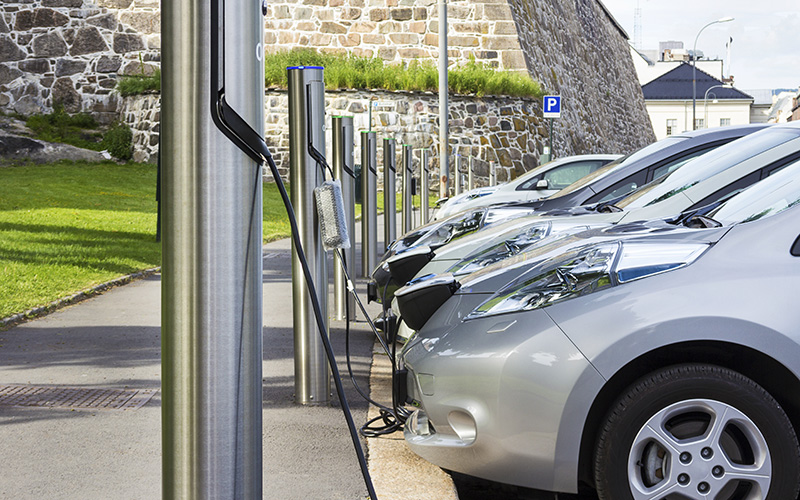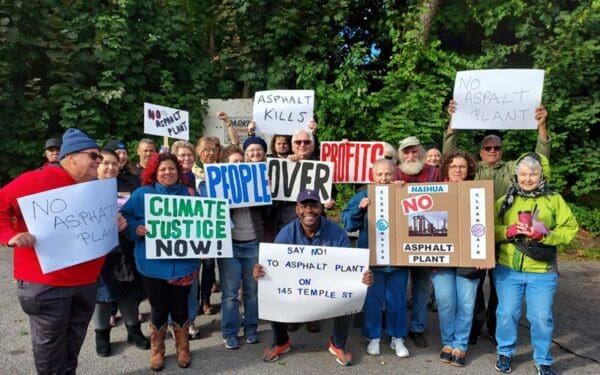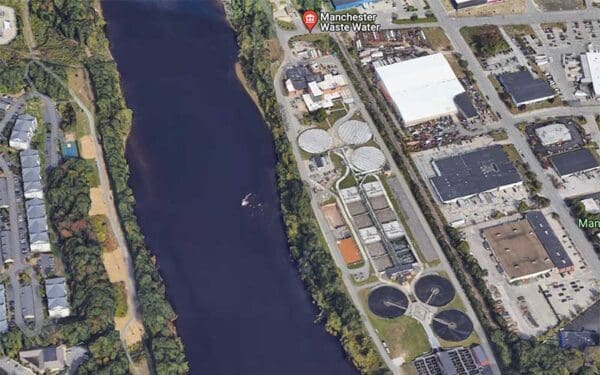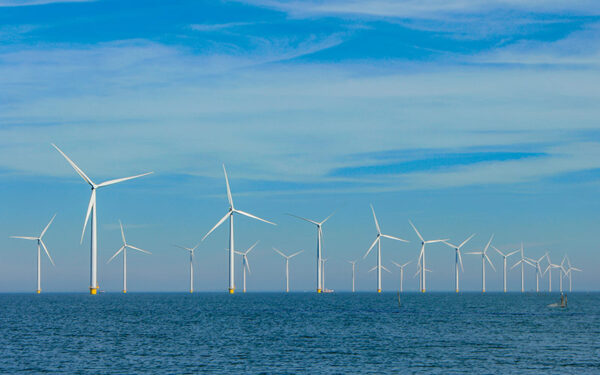
These new electric cars standards will make it easier for people to buy a cleaner vehicle that doesn't damage our climate or our health. Photo: Shutterstock.
This weekend, stuck in some stop-and-go traffic on the Mass Pike, I couldn’t help but notice the number of license plates marked by a tiny green car and the letters “EV.” These are electric cars – and I’m starting to see them everywhere I go across the Commonwealth. As a mother and a climate advocate, I know that more electric cars mean less pollution that damages the climate and clogs the air my five-year-old breathes.
That’s why I’m excited that Massachusetts adopted new standards that will bring more electric cars into the Commonwealth. Here’s how:
How Do These Electric Cars Standards Work?
These standards, called the Advanced Clean Cars II, require automakers to sell more passenger electric vehicles in Massachusetts each year – reaching 100% by 2035. That means dealers will have more new and used electric vehicles for sale, making it easier for residents to purchase one. The rule also tightens up tailpipe emissions standards for any new gas-powered cars by limiting the amount of dust, dirt, soot, and smoke that can pollute our air.
Massachusetts joins Vermont to lead New England in adopting these new standards, with many other states planning to follow suit. This move sends a strong message to automakers that New Englanders want clean cars: We want them here, and we want them now.
What Do These Standards Mean for Massachusetts?
The Advanced Clean Cars II standards increase the choice you have when it comes time to purchase your new vehicle by bringing more clean options into the market. And as an increasing number of people buy electric vehicles, more will trade in or sell their old electric vehicles – supporting the creation of a robust used market.
Right now, gas-powered cars spew toxic emissions that pollute our air and damage our climate. Not to mention, low-income and communities of color suffer the most health harm because they’re more likely to be located near highways and car-congested areas. Electric vehicles will slash these air- and climate-damaging emissions, ensuring everyone benefits from cleaner air and a healthier climate.
What Comes Next for Massachusetts and Electric Cars?
I’m proud that our Commonwealth is steadily plugging away at climate action to slow the climate crisis and meet the mandates of our state’s climate law. However, we can’t stop at these standards.
That’s because having more electric cars, even a growing used market, doesn’t automatically mean these vehicles will be affordable for everyone. Not to mention, people will need places to charge their cars – for example, renters who don’t own their property and can’t permanently modify it. And we need to challenge our transportation systems to reduce our dependence on cars in the first place by developing better and more consistent public transit options.
Our automakers must keep moving toward more clean vehicles so that all Massachusetts residents can benefit from electric cars as a climate solution. And here at CLF, we’ll keep pushing state leaders to ensure we fight climate change for the sake of every family living in the Commonwealth and in every New England state.




